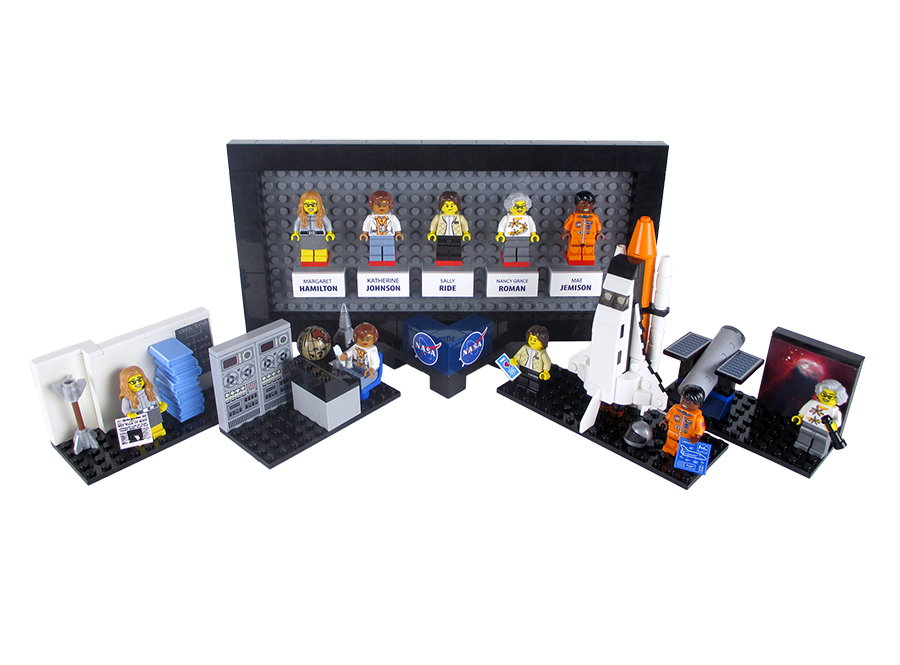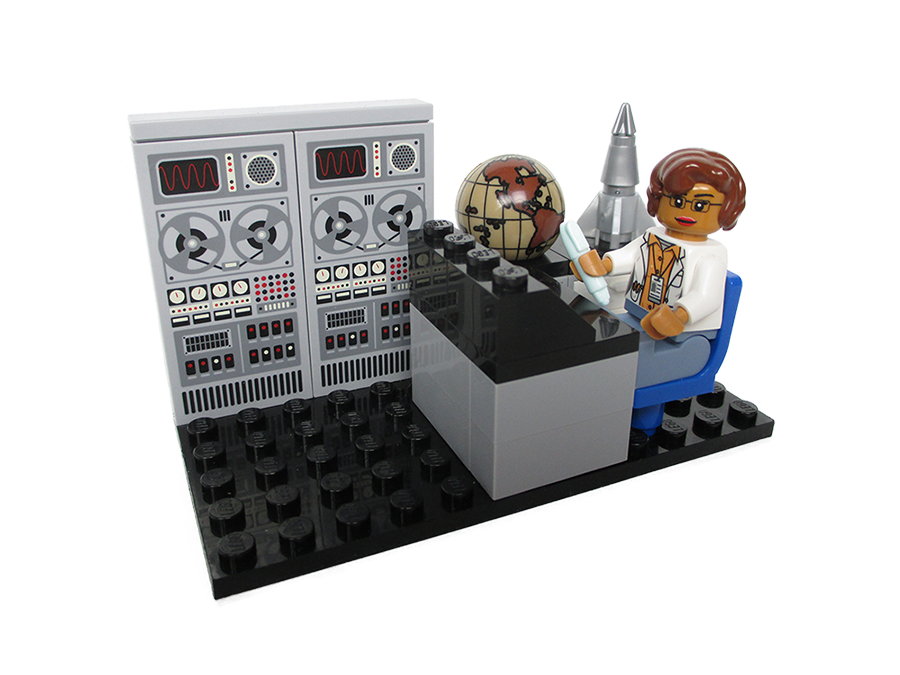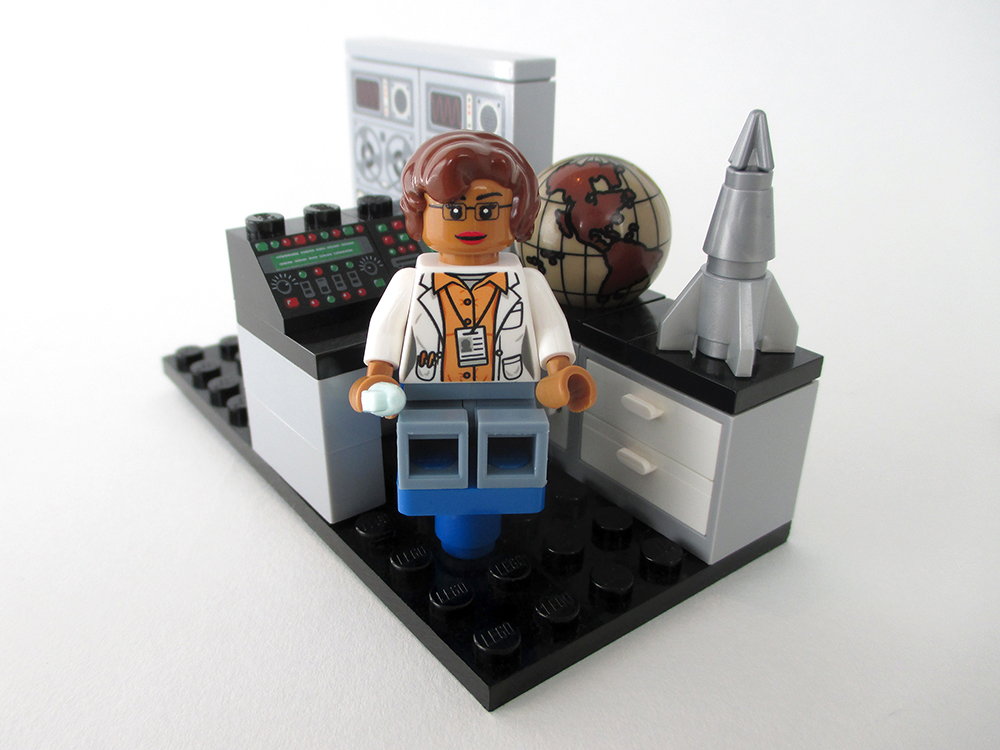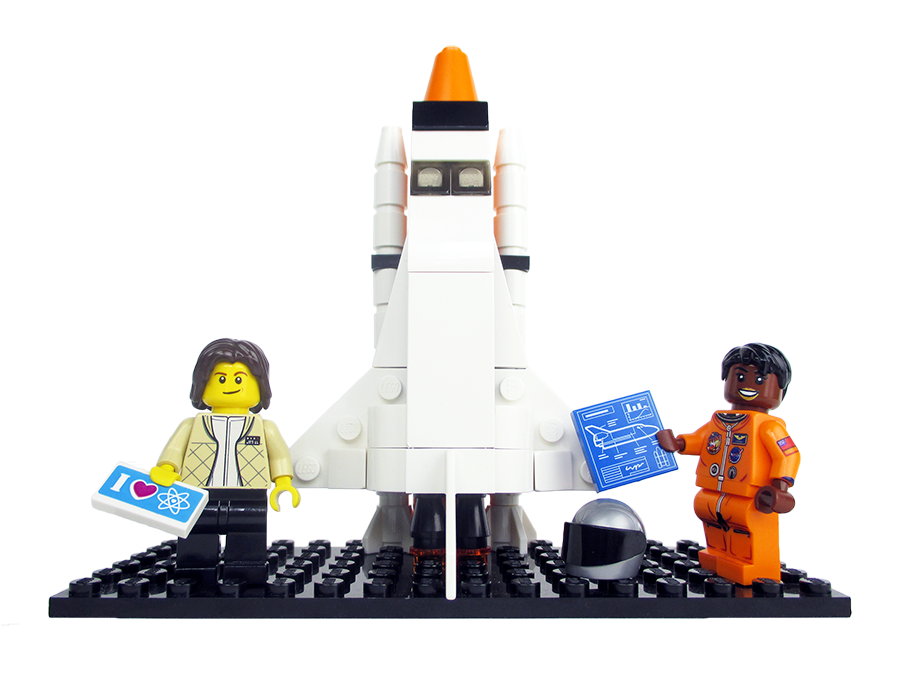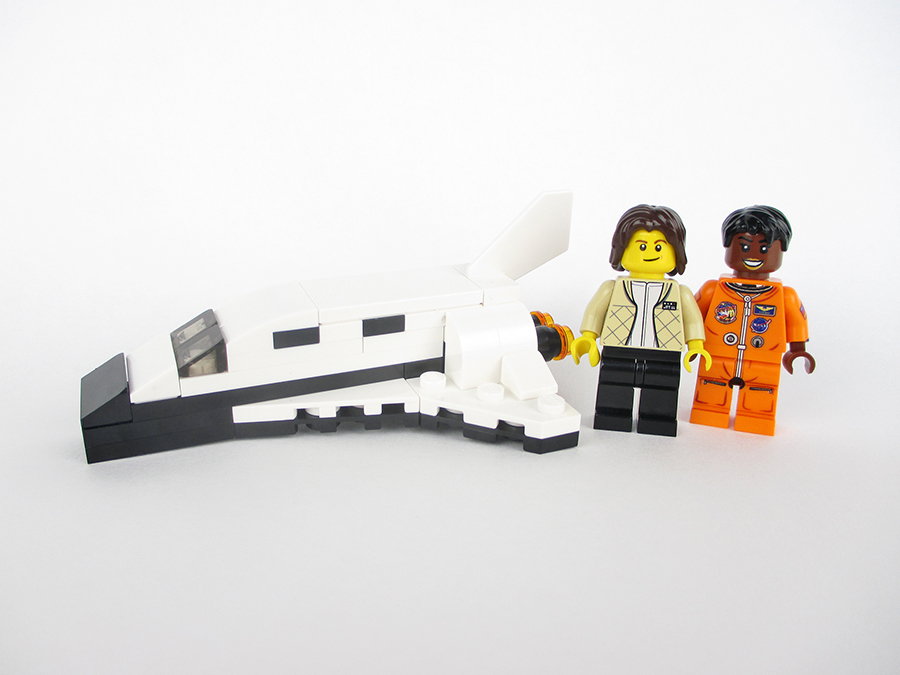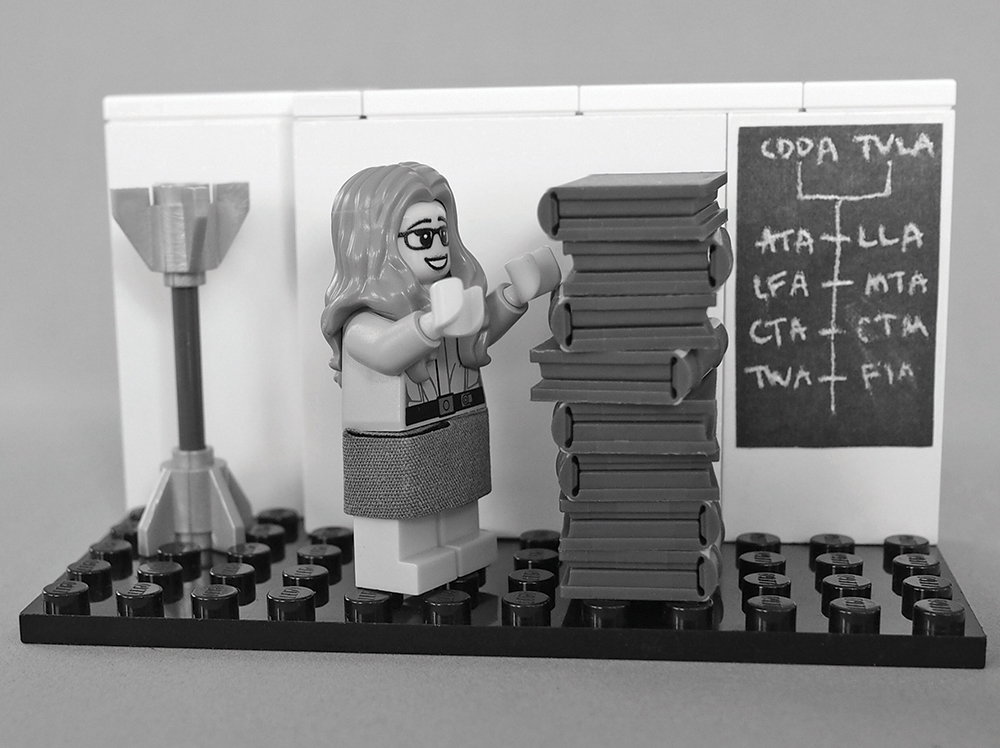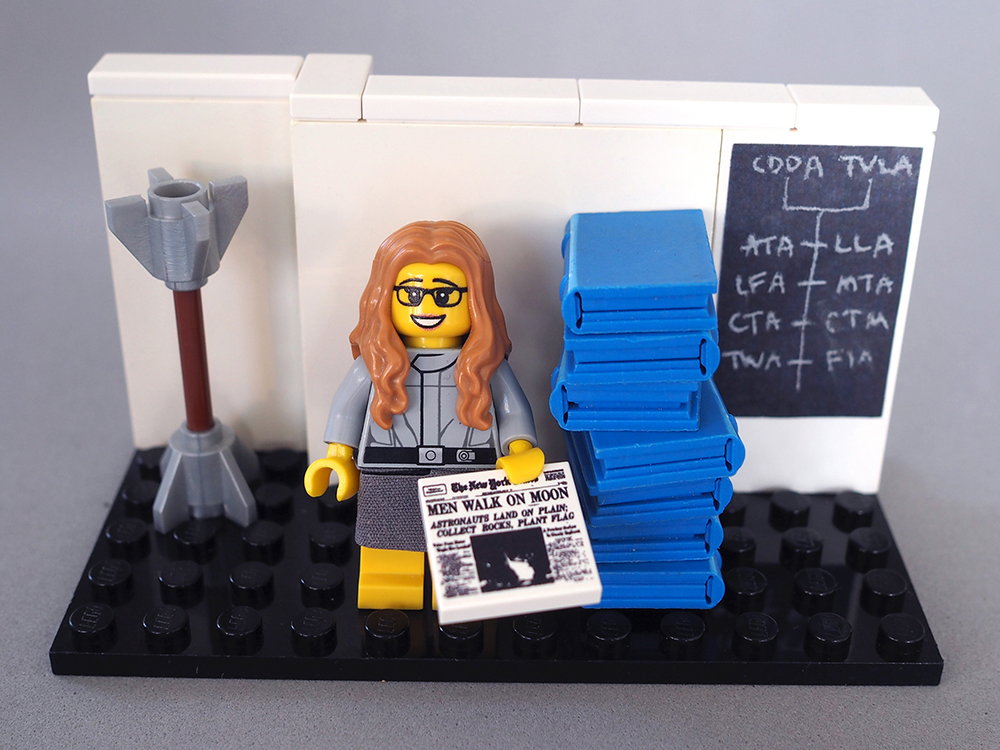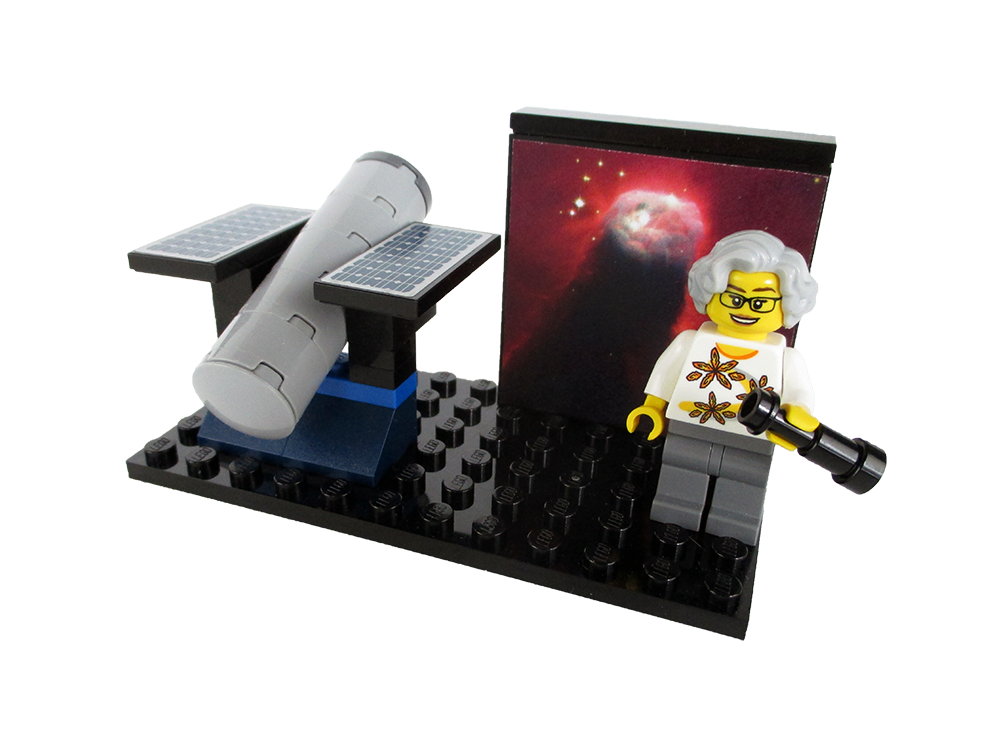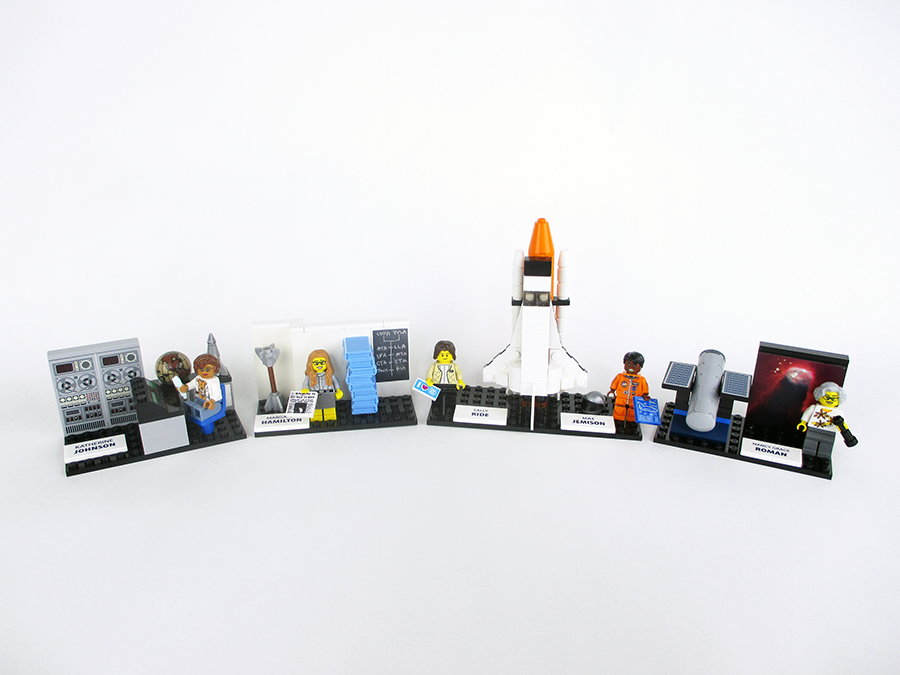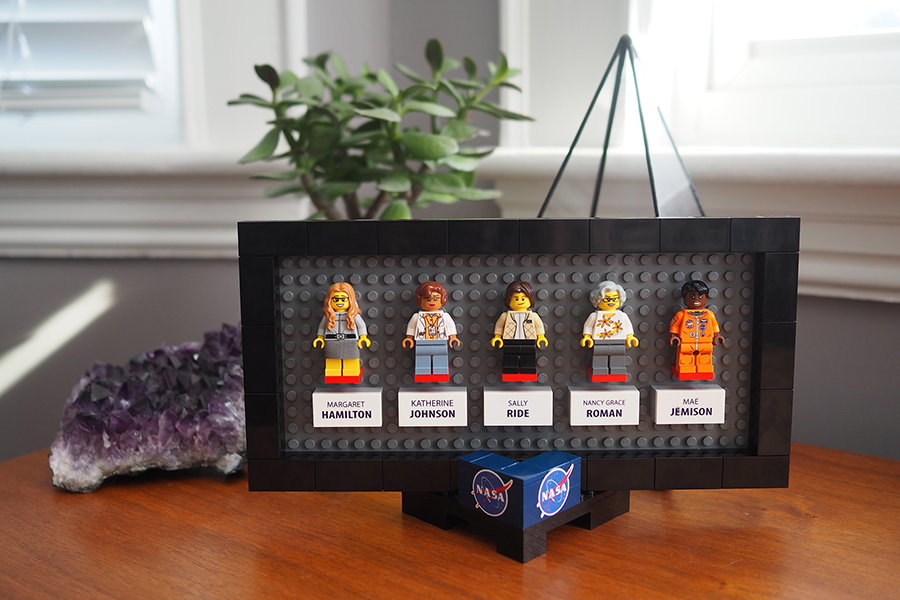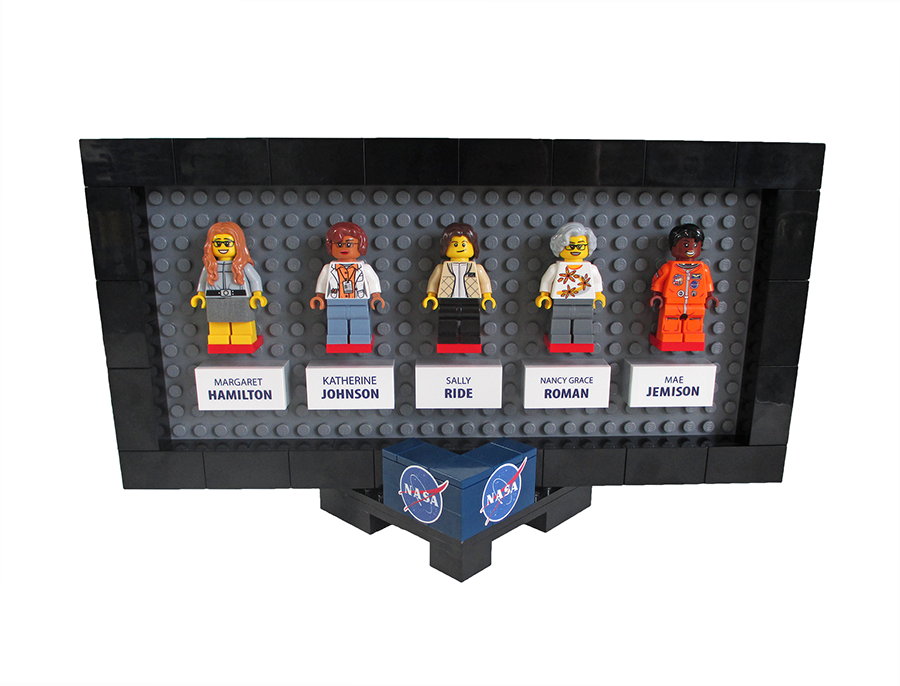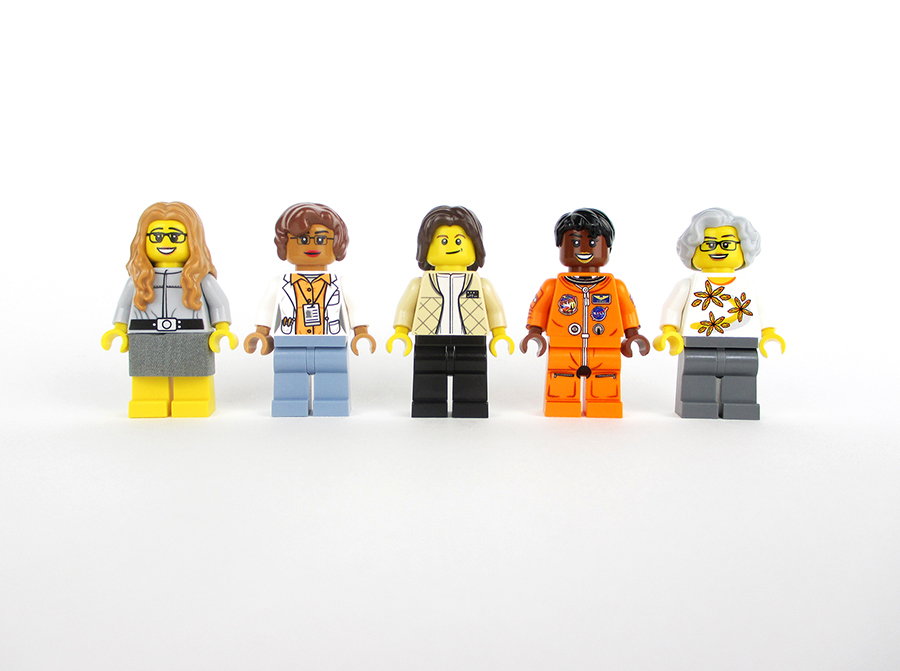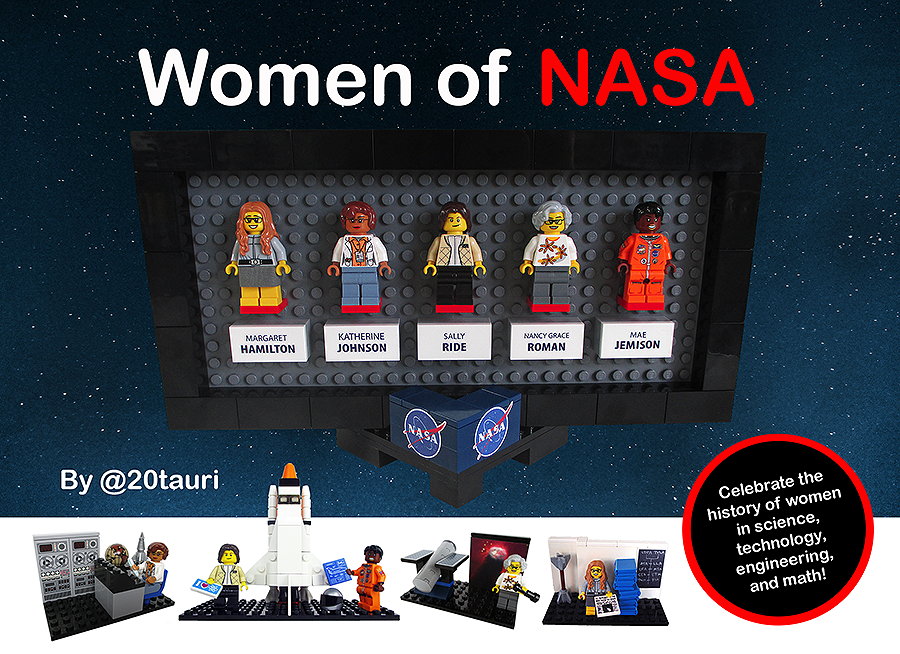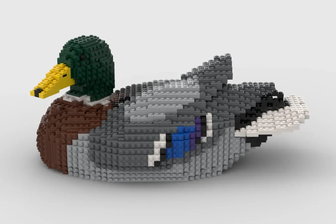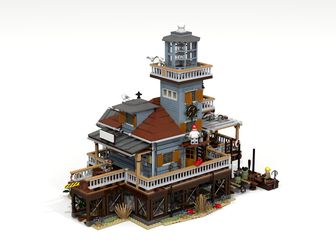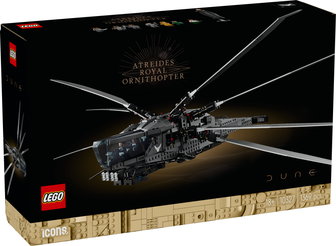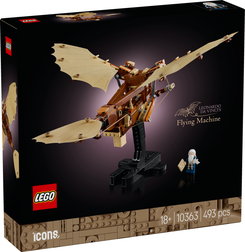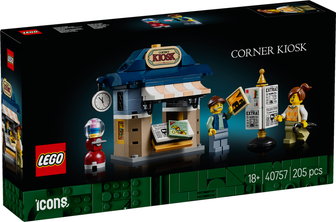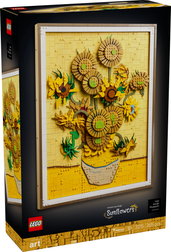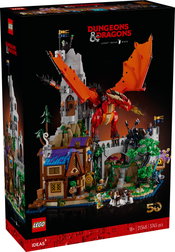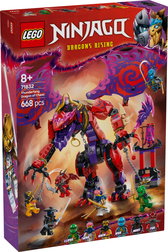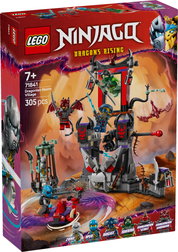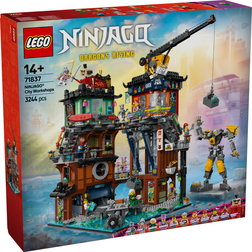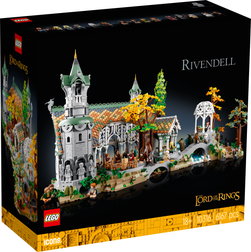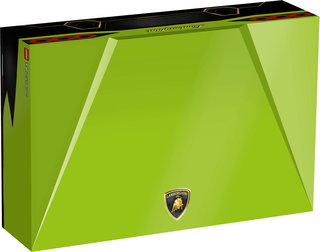美国国家航空航天局的女性
Women of NASA
作者:20tauri / 发布于:2016-07-18
Ladies rock outer space!
Women have played critical roles throughout the history of the U.S. space program, a.k.a. NASA or the National Aeronautics and Space Administration. Yet in many cases, their contributions are unknown or under-appreciated — especially as women have historically struggled to gain acceptance in the fields of science, technology, engineering, and mathematics (STEM).
This proposed set celebrates five notable NASA pioneers and provides an educational building experience to help young ones and adults alike learn about the history of women in STEM. The five Women of NASA are:
Women have played critical roles throughout the history of the U.S. space program, a.k.a. NASA or the National Aeronautics and Space Administration. Yet in many cases, their contributions are unknown or under-appreciated — especially as women have historically struggled to gain acceptance in the fields of science, technology, engineering, and mathematics (STEM).
Thanks in advance for your support! For updates and shareable images, follow here on Lego Ideas and at:
Flickr — https://flic.kr/s/aHskxkW1UK
******* — https://*******.com/LegoNASAWomen
******** — https://********.com/legonasawomen
********* — https://*********.com/scitweeps
Cheers,
Maia Weinstock (@20tauri) | *******, *********, Flickr
P.S. If you like this set, you may also enjoy my other Ideas proposals: Legal Justice Team , celebrating women in law | The Bioneers , celebrating women in biological engineering.
投稿状态
10000
票支持
已经上市
状态
审核通过,量产! 2017-02-28
获得10000票支持 2016-08-03
获得5000票支持 2016-07-27
获得1000票支持 2016-07-21
作者投稿 2016-07-18
